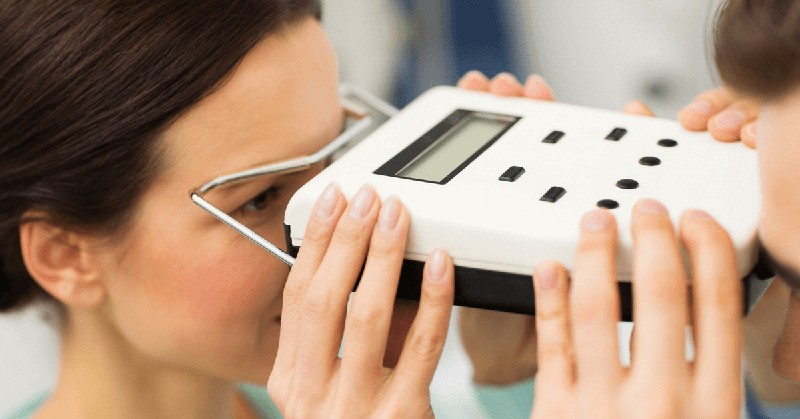Review: in Pandemic Era, More mature Adults Isolated but Resilient | Health News
Due to the fact the pandemic’s descent, they have usually been viewed as among the all those at higher hazard — older Us citizens, some of them medically vulnerable, figuring out how to navigate daily life in a COVID-saturated, increasingly isolated entire world.
Which is one particular sort of overall health — actual physical. When it comes to psychological and psychological wellness, older older people in the United States are exhibiting resilience and persevering despite struggles with loneliness and isolation, the hottest self-reported final results in an ongoing analyze advise.
The most current data from the Nationwide Social Lifestyle, Overall health and Getting old Job, executed by the social research corporation NORC at the University of Chicago, is component of a extended-term analyze created to track the bodily and emotional well-becoming of older Individuals more than time.
Only 9% of more mature older people claimed having “fair or poor all round psychological health” all through the pandemic, equivalent to their past solutions and an indication of what the research calls “some indications of resilience.” Nonetheless, the analyze located that standard pleasure has declined. About half as several more mature adults now report they are incredibly delighted or incredibly content, and an increasing amount report occasional feelings of depression or isolation.
“It need to sensitize all people to the fact of isolation’s effect but also the fact that folks are resilient — and possibly even a lot more so older grownups than youthful older people,” said Louise Hawkley, principal investigation scientist at NORC and the lead researcher on the analyze.
“This is not their first demonstrate. They’ve been via things previously. They know how to take care of anxiety,” Hawkley claimed. “This is something we can find out from them — that there is survival.”
The information comes from 1,284 respondents among the ages of 55 and 99, interviewed in September and Oct — all of them members in a lengthier-phrase study that also gathered info in human being in 2015-2016. The survey’s margin of mistake is moreover or minus 4 share factors.
Other fascinating findings from the responses:
—About a single-fifth of older grown ups in the review claimed they’d experienced no in-particular person get in touch with with family and pals outside their own households in the course of the pandemic.
—At the exact same time, at minimum 50 percent of more mature adults “have not minimized their frequency of in-person contact with mates and family not dwelling with them” due to the fact the pandemic began.
—Where in-person interaction faded, the study confirmed that electronic interaction stepped in — but, probably unexpectedly in this demographic, the use of cellular phone conversations (32%) lagged driving messaging (37%) and video phone calls (42%).
Taken collectively, the responses form what Hawkley phone calls a portrait of a demographic that crosses generations, is persevering below hard circumstances and — pivotally — whose associates have to have far more engagement about isolation and emotional health even soon after the pandemic wanes.
“There’s a lot we really don’t value about how nicely folks do cope with age,” mentioned Hawkley, who specializes in researching loneliness and social isolation in more mature grownups. She said arrangements are getting created to obtain bodily info from the individuals as soon as the pandemic ebbs.
“We’re studying painfully how real a possibility social isolation is to our mental wellness,” she explained. “And I think we have to have to discover how it has an effect on physical wellbeing.”
A variation of this tale at first printed Jan. 13, 2021, documented that no margin of mistake was delivered. A margin of mistake was later on offered by NORC at the University of Chicago. It is plus or minus 4 proportion factors.
Copyright 2021 The Involved Press. All legal rights reserved. This materials may perhaps not be posted, broadcast, rewritten or redistributed.





